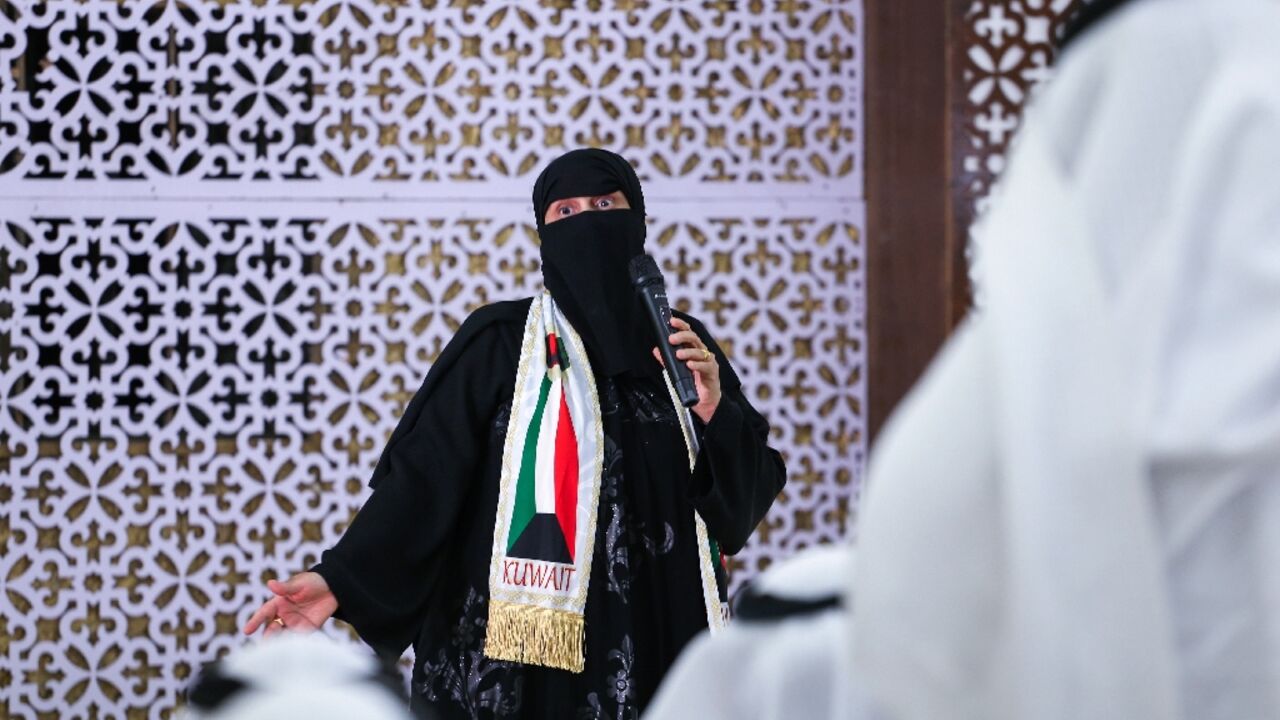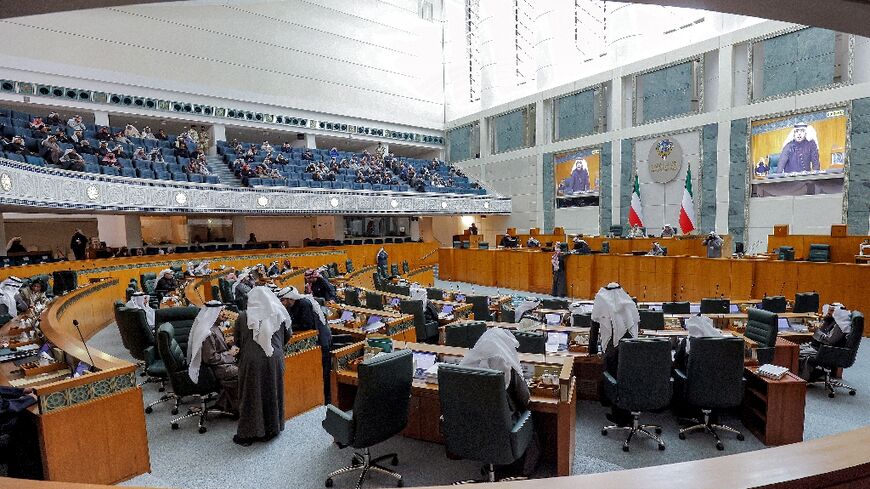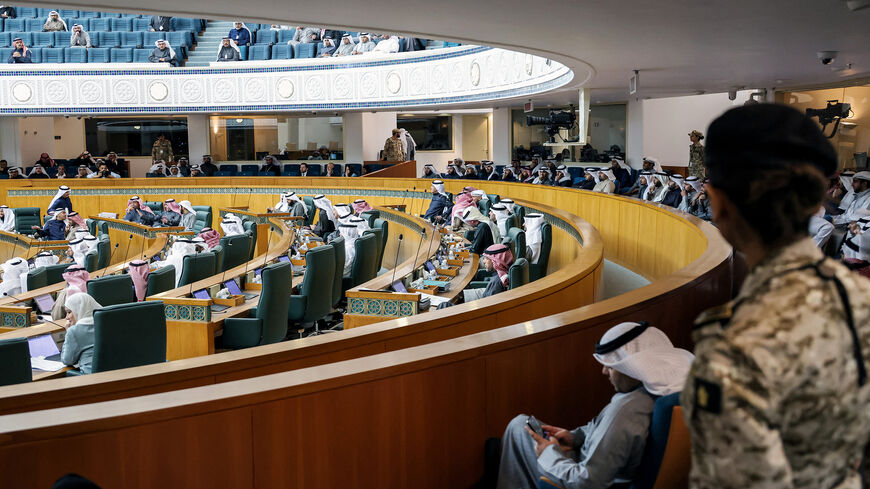Kuwait goes to polls, yet again, as opposition groups return

Kuwait will hold its most inclusive elections in a decade Thursday with some opposition groups ending a boycott after the oil-rich country's royal rulers pledged not to interfere with parliament.
The polls are the sixth in 10 years, reflecting the repeated political crises that have gripped the only Gulf Arab state with a fully elected parliament.
The elections come after Crown Prince Sheikh Meshal al-Ahmad al-Jaber Al-Sabah announced the dissolution of parliament in June following disputes between lawmakers and the government, the fourth to be named in two years.
Several opposition MPs had been on strike in protest at delays to parliamentary sessions and the failure to form a new government. A core source of friction is MPs' demand for ministers from the royal family to be held accountable for corruption.
Kuwait, which borders Iraq, Saudi Arabia and Iran and is one of the world's biggest oil exporters, has held 18 elections since the parliamentary system was adopted in 1962.
But when he dissolved parliament, Sheikh Meshal promised there would be no interference by authorities in the election or the new parliament.
"We will not interfere in the people's choices for their representatives, nor will we interfere with the choices of the next National Assembly in choosing its speaker or its committees," the crown prince said.
"Parliament will be the master of its decisions, and we will not be supporting one faction at the expense of another. We will stand at the same distance from everyone."
Opposition figures have stayed out of elections over the past 10 years, accusing executive authorities of meddling in the workings of parliament.
One of them, People's Action Movement candidate Mohammad Musaed Al-Dossari, said he had been persuaded to stand again by the crown prince's promises.
Sheikh Meshal's speech "reassured" Kuwaitis and "encouraged the political groups and MPs who had been boycotting to return to run in the elections", Al-Dossari said.
- Vote-buying -
Thursday's vote also comes after the country's emir issued an amnesty last year for political opponents who had been tried on various charges.
Some 305 candidates, including 22 women, are competing for 50 seats in five constituencies. Parliament has been all-male since the only woman MP lost her seat in December 2020.
Women represent 51.2 percent of the 795,920 voters. About 70 percent of the population of around 4.2 million is made up of expatriates.
While the last elections were affected by anti-coronavirus measures, this time candidates have been able to open electoral offices and hold live hustings. Security services have stepped up their monitoring of vote-buying.
The election results are expected to be announced on Friday. The opposition, mostly Islamist politicians, won 24 seats out of 50 in the last polls.
Like other Gulf countries, Kuwait is trying to diversify its oil-dependent economy but bureaucracy and corruption, and the lack of effective planning, have stymied the transition.
Unlike its neighbours, Kuwait, a US ally which hosts thousands of US troops and whose citizens are a mixture of Sunni and Shiite Muslims, has few young politicians or diplomats in senior positions.
It has an persistent problem with the fate of its population of Bidun, a stateless and marginalised minority of about 100,000, and has faced security problems related to armed groups in the region, including Lebanon's Hezbollah.
The most recent in a series of attacks was in 2015, when an Islamic State suicide bomber blew himself up at a Shiite mosque, killing or wounding hundreds, the day after election results were announced.







